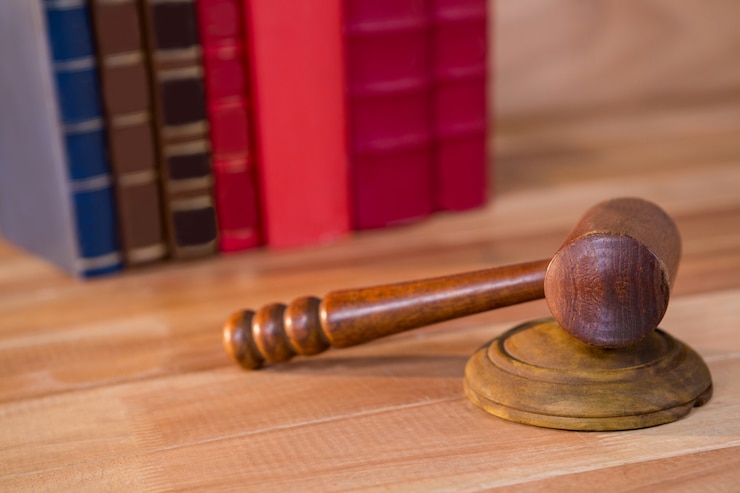Getting arrested is overwhelming, and what happens next can affect every part of your life. One of the first critical steps is the bail hearing, a short but important court session that determines if you can go home or must remain in custody while waiting for trial.
This hearing isn’t just about setting an amount of money. The judge considers many factors before making a decision, especially if the case is more complex, such as when it involves extradition to another state. In such cases, the process becomes more serious and the outcome more uncertain.
Knowing what to expect can help you or your loved ones stay informed and ready. A bail hearing may only last a few minutes, but the result can shape the entire legal journey.
What Is a Bail Hearing?
Bail hearings are usually held within 48 to 72 hours after arrest. These hearings are not trials; no one is found guilty or innocent. The judge simply decides whether the person should remain in jail or be released while the case moves forward.
In some cases, the situation involves extradition to another state, meaning another state has requested custody of the person for charges filed there. In these situations, the judge might deny bail or delay release until the other state takes action.
While it’s a short proceeding, this hearing plays a powerful role in determining a person’s immediate future. It influences their ability to work, support their family, and build a strong legal defense.
What Happens at a Bail Hearing
Bail hearings are usually held within 48 to 72 hours after arrest. These hearings are not trials; no one is found guilty or innocent. The judge simply decides whether the person should remain in jail or be released while the case moves forward.
Here is what typically takes place during the hearing:
First, the charges are read. The judge outlines the charges brought against the defendant.
Next, the prosecutor presents their position. The prosecution may argue against release, especially in serious cases or if the defendant has a criminal history.
Then, the defense lawyer responds. The defense may argue for low or no bail, highlighting ties to the community, employment, and a clean record.
Finally, the judge makes a decision. They may release the person on recognizance, set a bail amount, deny bail, or impose certain conditions such as house arrest or restrictions on contact with others.
Why the Bail Hearing Matters So Much
A bail hearing is not just a routine step; it has real consequences.
First, there is the matter of freedom while awaiting trial. If released, the person can return to their home, family, and job. This normalcy reduces emotional stress and allows for better legal preparation.
Second, it allows for stronger case preparation. Defendants who are not in custody have easier access to their legal team, can gather documents, and attend appointments to support their defense.
Third, it helps with mental and financial protection. Staying in jail can lead to job loss, unpaid bills, and mental health struggles. Release helps maintain a person’s overall stability and well-being.
Lastly, the stakes are higher in extradition cases. When extradition to another state is involved, judges may be less likely to approve the release. Having strong legal representation and being fully prepared is especially important in these situations.
Conclusion
A bail hearing might be brief, but its impact is lasting. It’s the first major decision after an arrest and can influence everything from legal strategy to personal well-being. This is especially true in complex cases involving extradition to another state, where the process becomes more serious and urgent.
Knowing how bail hearings work and why they matter can help you take the right steps early on. With the right preparation and legal support, a fair decision at this stage can protect your freedom, your future, and your peace of mind.

























































































































